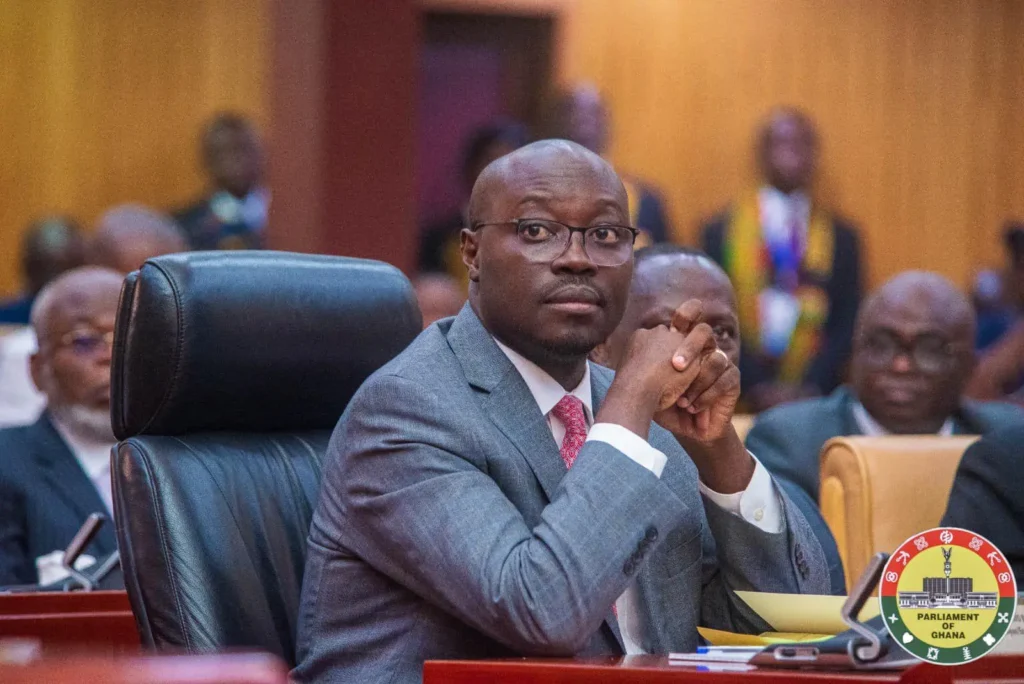In a pivotal move to resolve Ghana’s prolonged power crisis, Parliament has given the green light to the Energy Sector Levy (Amendment) Bill 2025. This legislation introduces a new GH¢1 levy on petroleum products, expected to generate GH¢5.7 billion annually, specifically earmarked to stabilize the nation’s energy sector.
Amid heated parliamentary debates, the levy aims to tackle a substantial US$3.1 billion energy sector debt, as highlighted by Finance Minister Dr. Cassiel Ato Forson, who stressed the importance of at least US$3.7 billion to settle current liabilities and an additional US$1.2 billion to secure necessary fuel for thermal power throughout 2025.
“This is about our current power needs,” explained an energy expert. “Each instance of dumsor reminds us of the enormous debt burden we bear.”
Finance Minister Forson reassured citizens that consumers would not face immediate fuel price increases, thanks to the robust performance of the Ghanaian cedi. “The levy begins, but motorists won’t see a change in their fuel budgets. This is the impact of a robust cedi,” government representatives stated.
The levy is more than a financial measure; it represents Ghana’s commitment to secure consistent electricity supply, vital for the government’s 24-hour economy agenda aimed at industrial growth and business confidence. “This initiative means businesses can thrive, and students can learn efficiently,” an energy sector advocate said, describing the levy as a necessary collective sacrifice for enduring energy security.
Ensuring transparency, the levy has built-in oversight mechanisms to prevent issues that plagued past initiatives like the Energy Sector Levy Act (ESLA), which suffered from mismanagement. Government officials have pledged transparency, stating, “We’ve learned from the past – transparency is our promise.”
Despite its approval, the bill faced strong opposition from the Minority Caucus, who staged a dramatic walkout, arguing that the levy imposes undue burdens on citizens. However, supporters countered, framing opposition as prioritizing politics over practical solutions to Ghana’s energy challenges.
Unlike the repealed E-levy, which taxed digital transactions, this consumption-based levy ensures that higher fuel users contribute more, promoting fairness and transparency. Proponents emphasize, “This levy ensures you can track every cedi. It’s targeted and visible.”
The Energy Sector Levy marks Ghana’s resolve to choose reliable power over continuous excuses. With projected annual revenue set at GH¢5.7 billion, the country aims to address immediate financial needs, prevent power outages, and lay the groundwork for sustainable energy security.
As the levy comes into effect, it remains to be seen whether this bold initiative will finally end the era of dumsor and power Ghana’s economic transformation. For a nation fatigued by power cuts, GH¢1 per liter may be the key to lasting light.
Powering Ghana’s Future: New Levy to Tackle Energy Debt
0Related Posts
Add A Comment
© 2026 THE NEW REPUBLIC GH.
About | Contact | Privacy Policy


